# gst
12 posts in `gst` tag
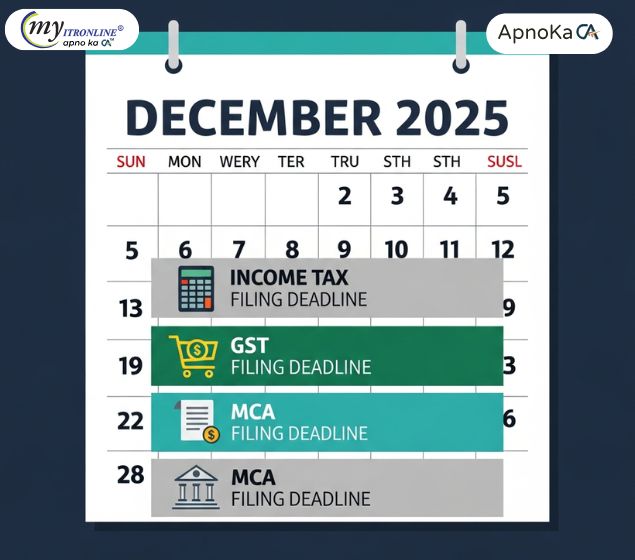
December 2025 tax due dates: simple tracker for businesses and individuals
December is a crucial month for Indian taxpayers. This tracker lists the key dates for Income Tax (ITR, Advance Tax, TDS), GST (GSTR-1, IFF, GSTR-3B), and MCA filings, plus PF/ESI and TDS statements. Mark these deadlines to avoid late fees, interest, and ITC issues.
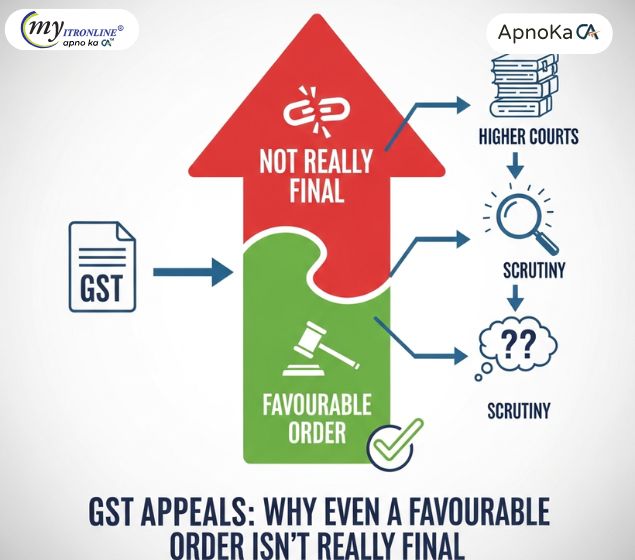
GST Appeals: Why Even a Favourable Order Isn't Really Final
A detailed summary explaining that winning a GST case at the initial level (adjudicating authority) does not guarantee finality, as the Tax Department holds the power to file an appeal under Section 107. The post outlines the multi stage appellate process (Appellate Authority, GSTAT, High Court, Supreme Court), the financial impact on businesses due to tied-up cash (pre-deposit requirements), and practical steps for taxpayers to manage this uncertainty.
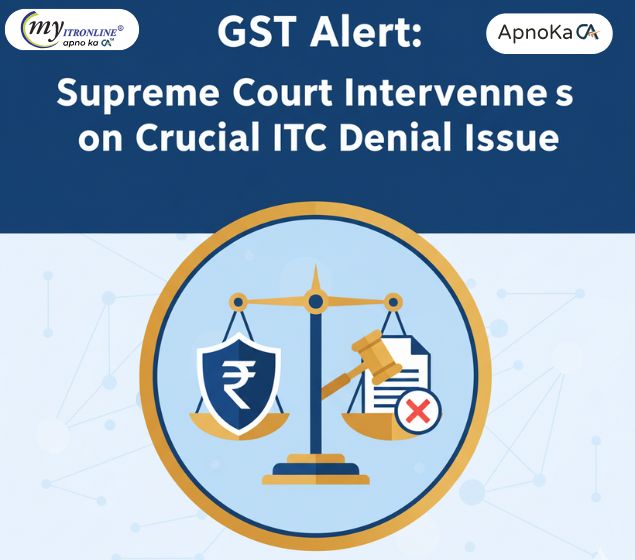
GST Alert: Supreme Court Intervenes on Crucial ITC Denial Issue
The Supreme Court of India, in the interim order of Roshan Sharma v. Deputy Commissioner of Revenue, State Tax & Anr., has issued notice and stayed the High Court's order, agreeing to consider the validity of Input Tax Credit (ITC) denial solely because of the retrospective cancellation of a supplier's GST registration. The case also centrally addresses the violation of natural justice due to the denial of cross-examination and access to crucial evidence like Fastag data.
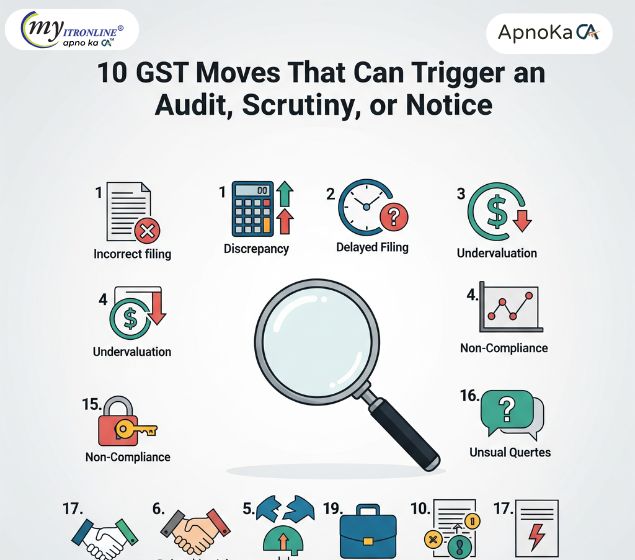
10 GST Moves That Can Trigger an Audit, Scrutiny, or Notice
The GST system uses AI and data analytics to flag discrepancies. This guide details the 10 most common GST mistakes such as excess ITC and GSTR mismatches that instantly catch the department’s eye and lead to notices or audits.
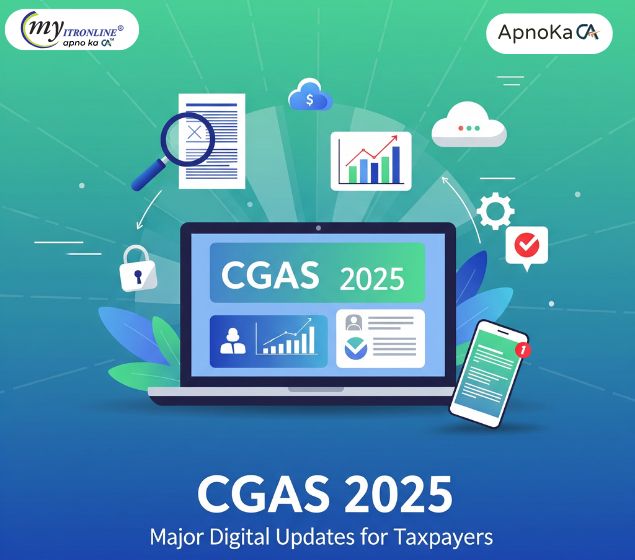
Capital Gains Accounts Scheme (CGAS) 2025: Major Digital Updates for Taxpayers
The Capital Gains Accounts Scheme (CGAS) has been overhauled for FY 2025-26. Key changes include authorization of 19 private banks (HDFC, ICICI, Axis), acceptance of all major digital payment modes (UPI, NEFT, Cards), online account closure, and the inclusion of Section 54GA (SEZ relocation) exemption.
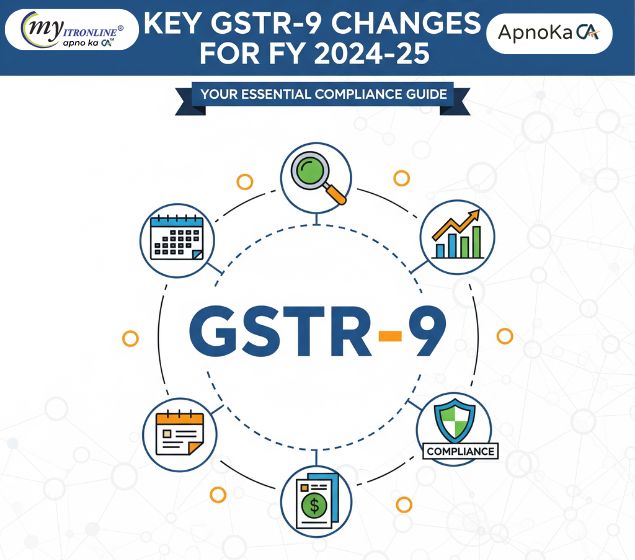
Key GSTR-9 Changes for FY 2024-25: Your Essential Compliance Guide
The GST landscape for FY 2024-25 sees major updates to GSTR-9 and GSTR-9C. This guide breaks down the structural changes, like the new Table 6A1 for prior-year ITC, revised deadlines, and enhanced reconciliation requirements, ensuring taxpayers stay compliant and avoid late fees.
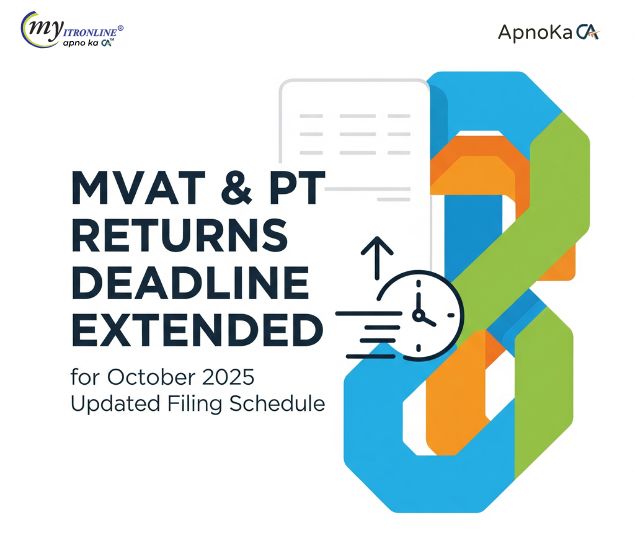
MVAT & PT Returns Deadline Extended for October 2025 Updated Filing Schedule
The Maharashtra government has extended the deadlines for filing MVAT and Professional Tax returns for October 2025. Payment due dates remain unchanged, and interest applies if taxes are paid late. Taxpayers now have additional time to file returns correctly and avoid late fees. This update helps businesses manage compliance efficiently and avoid penalties by following the revised dates.
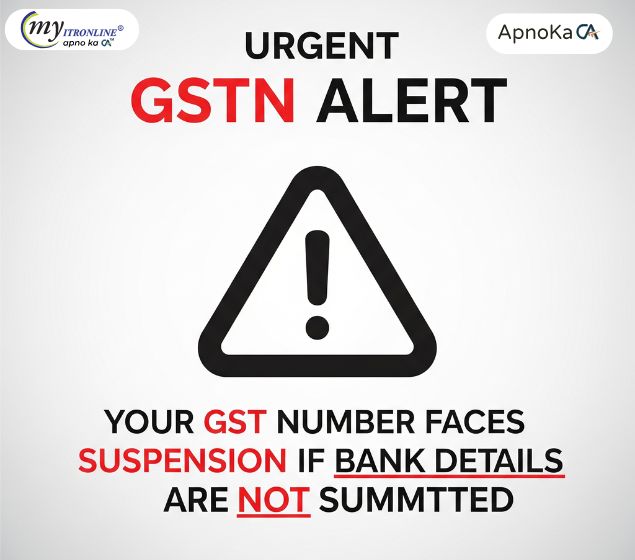
Urgent GSTN Alert: Your GST Number Faces Suspension if Bank Details Are Not Submitted
GSTN has issued a strict alert for registered taxpayers: furnish your bank account details on the GST portal within 30 days of registration, or before filing GSTR-1/IFF, whichever is earlier. Non-compliance can lead to suspension via FORM REG-31, blocked GSTR-1 filing, e-way bill generation restrictions, and possible cancellation of registration. To stay compliant, log in to the GST portal, upload your bank details, and ensure verification to keep your GST number active and avoid operational disruptions.
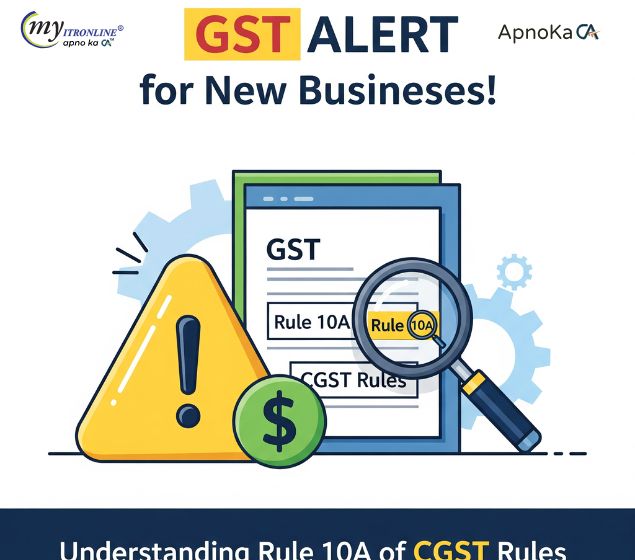
GST Alert for New Businesses! Understanding Rule 10A of CGST Rules
Rule 10A of the CGST Rules requires every new GST registrant to verify their bank account and upload the details on the GST portal within the prescribed timeline. This ensures that GST registration remains active, refunds are processed smoothly, and risks of suspension or cancellation are avoided. Non-compliance can lead to withheld refunds or suspended GSTIN. Uploading a cancelled cheque or bank statement immediately after GST approval is the simplest way to stay compliant.
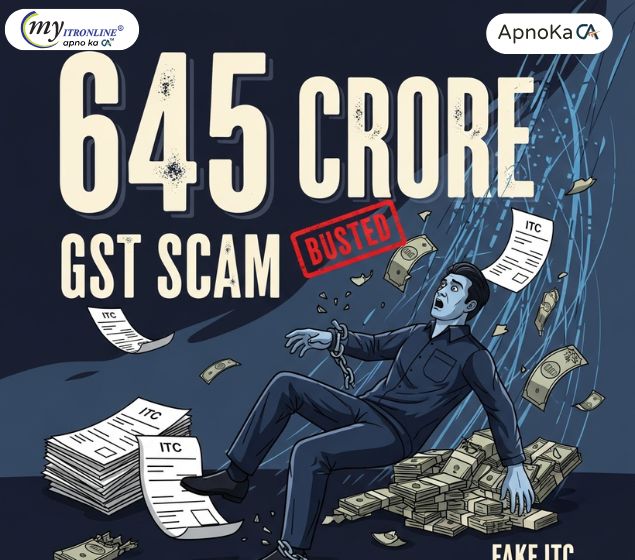
645 Crore GST Scam Busted: The Fall of the Fake ITC Mastermind
The Directorate General of GST Intelligence (DGGI) has uncovered a massive 645 crore fake Input Tax Credit scam. Mastermind Mukesh Sharma created 229 dummy companies to issue fraudulent invoices without actual supply. His arrest under the CGST Act highlights the growing crackdown on GST fraud and its implications for honest businesses.
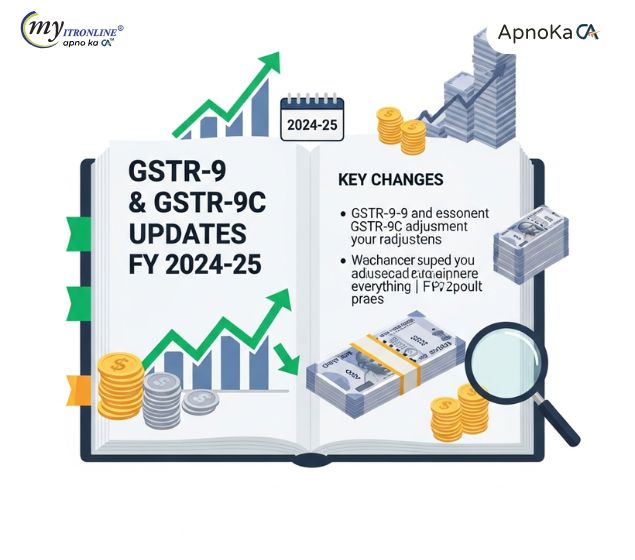
Key Changes in GSTR-9 and GSTR-9C for FY 2024-25: Everything You Should Know
The GST portal has opened GSTR-9 and GSTR-9C for FY 2024-25 with a filing deadline of December 31, 2025. This guide explains the key changes in both forms, filing thresholds, auto-population details, and practical tips to file on time and avoid penalties—written in clear, simple language.

Reels, Revenue, and Returns: Tax Rules for Creators Earning from Facebook & Instagram Reels
The creator economy is booming, but taxes are unavoidable. This blog explains how income from Facebook and Instagram Reels is treated under Indian tax laws, covering ITR filing, deductions, TDS rules, and GST registration.
